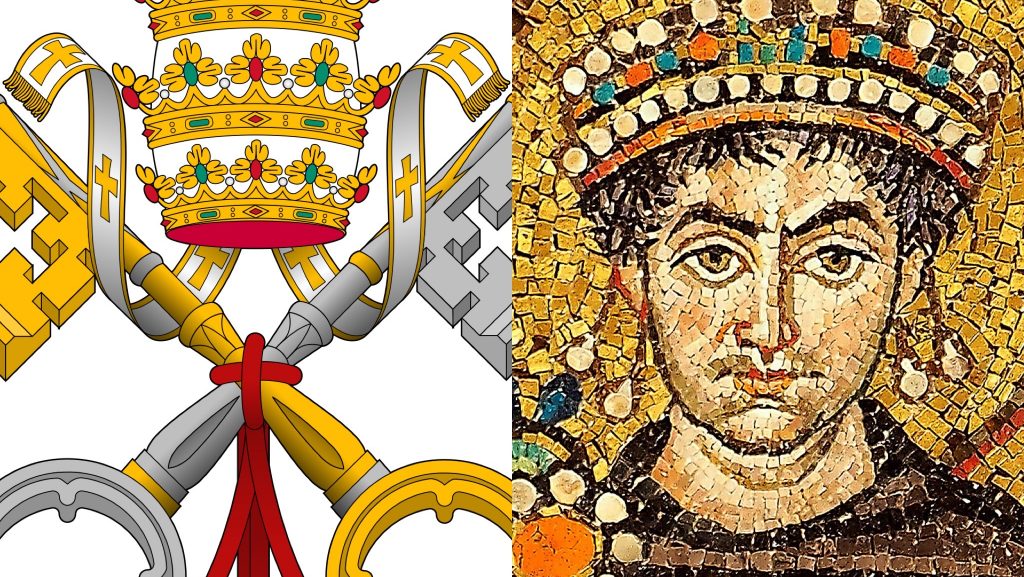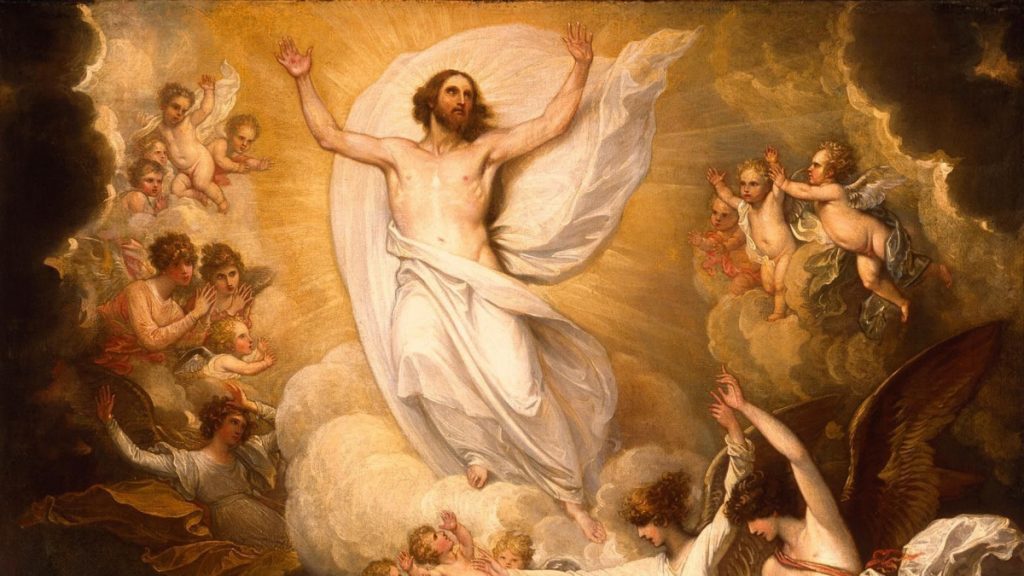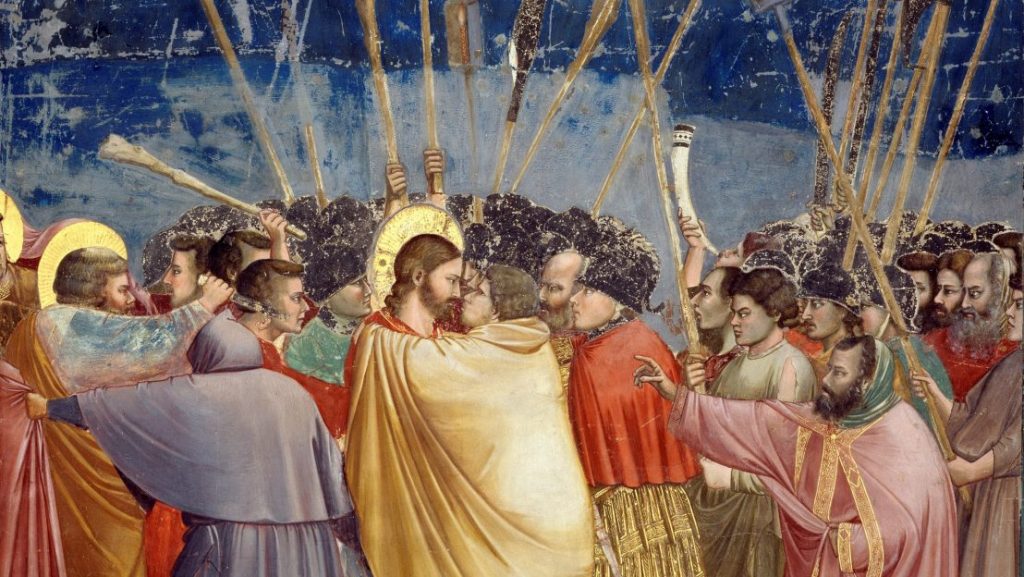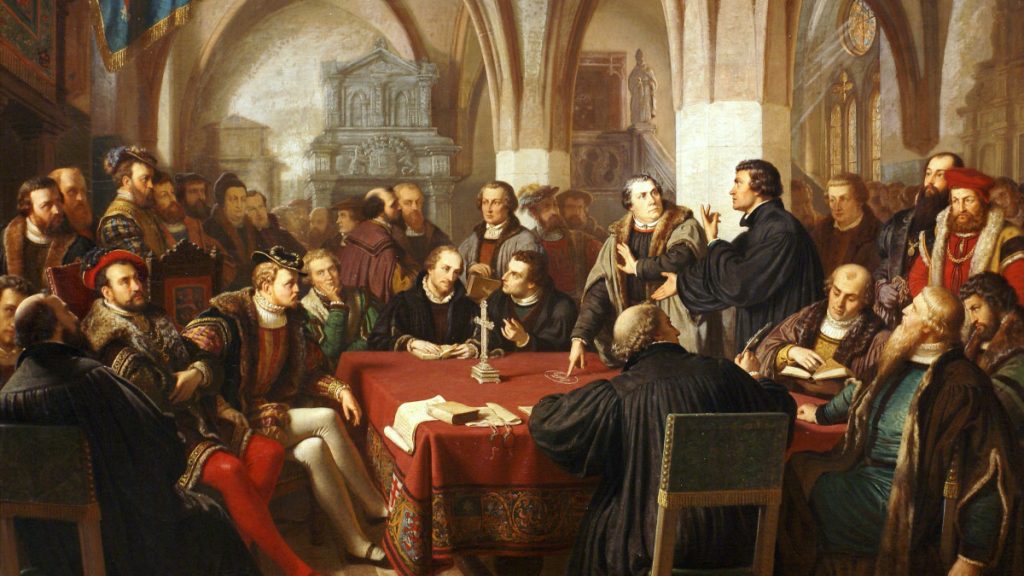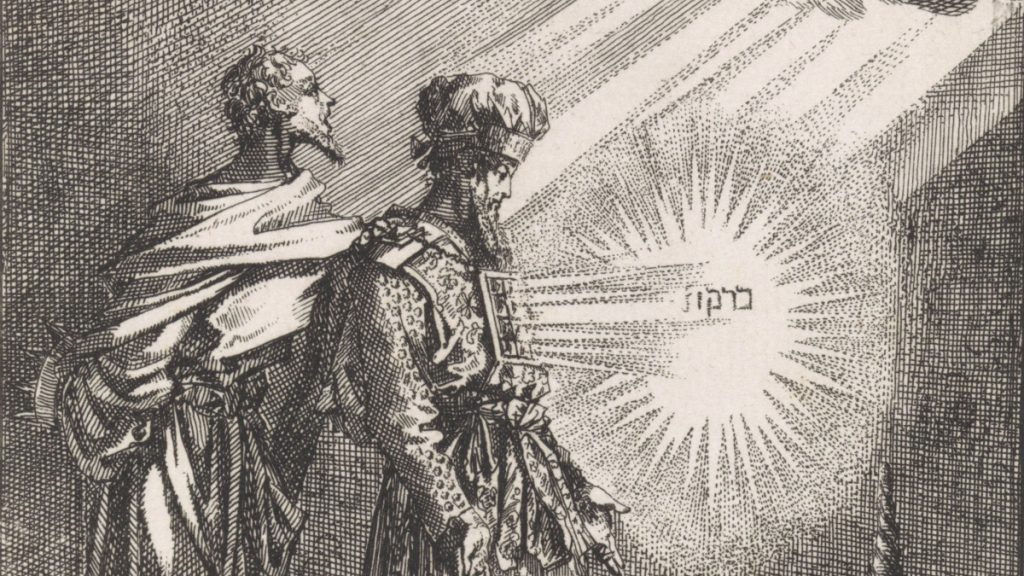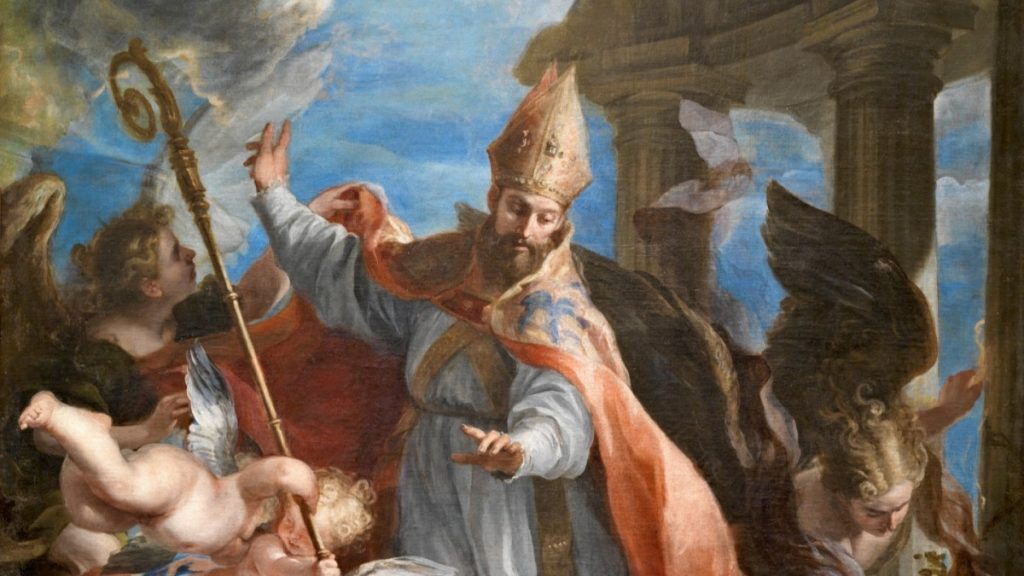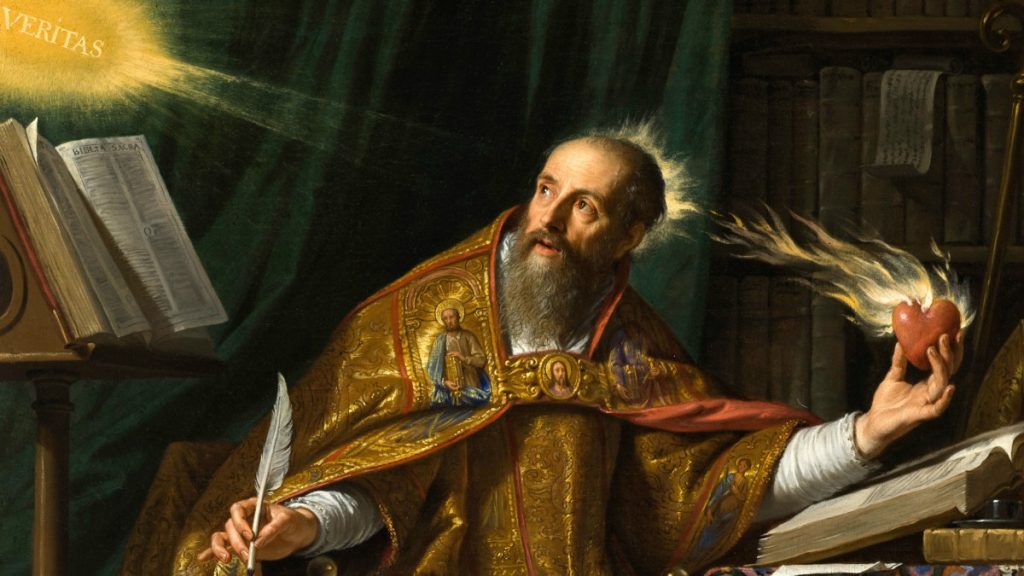(Updated July 15, 2025)
This Author Quote Archive collects pertinent quotes from the Ecclesiastical Writer, Rufinus Aquileia.
Next to each quote are the Topic Quote Archives in which they are included.
This Quote Archive is being continuously updated as research continues. Quotes marked with “***” have not yet been organized into their respective Topic Quote Archives.
Treatises
Rufinus of Aquileia, Apology (400)
You say that Origen himself repented of these doctrines, and that he sent a document to that effect to [St. Pope] Fabian who was at that time Bishop of the city of Rome; and yet after this repentance of his, and after he has been dead a hundred and fifty years, you drag him into court and call for his condemnation. How is it possible then that you should receive forgiveness, even though you repent, since he who before was penitent for emitting those doctrines gains no forgiveness? He wrote just as you have written: he repented as you have repented. You ought therefore either both of you to be absolved for your repentance, or, if you refuse forgiveness to a penitent (which I do not desire to see you insist upon), to be both of you equally condemned.
(Book 2, §§23, 33)
(§23) …I will therefore set forth a Preface of his by which you may see in what foul and unworthy terms he assails even a man of such eminence [St. Ambrose], and also how he praises Didymus to the sky, though he has since cast him down even to the infernal region; and further how he speaks of the city of Rome, which now through the grace of God is reckoned by Christians as their capital, words which were only applicable when its inhabitants were a nation who were heathens and princes who were persecutors…
(§33) …Peter was for twenty-four years Bishop of the Church of Rome. We cannot doubt that, amongst other things necessary for the instruction of the church, he himself delivered to them the treasury of the sacred books, which, no doubt, had even then begun to be read under his presidency and teaching…
Rufinus of Aquileia, Ecclesiastical History (c. 402-403)
(Book 10, §§38-40)1
(§38) Now such were his [Julian’s] acuteness and cunning in deception 430 | 431 that he even deluded the unhappy Jews, enticing them with the sort of vain hopes that he himself entertained. The very first thing he did was to summon them to himself and ask them why they did not offer sacrifice, when their law included commandments for them about sacrifices. Thinking an opportunity had come their way, they answered, “We cannot do so except in the temple in Jerusalem. For thus the law ordains.” And having received from him permission to repair the temple, they grew so arrogant that it was as though one of the prophets had been restored to them. Jews came together from every place and province and began to make their way to the site of the temple, long since consumed by fire, a count [Alypius] having been assigned by the emperor to push forward the work, which was pursued with all earnestness and financed with both public and private funds.
Meanwhile they insulted our people and, as though the time of the kingdom had returned, threatened them harshly and treated them cruelly; in a word, they behaved with monstrous arrogance and pride. Cyril was the bishop of Jerusalem, following Maximus the confessor. The foundations, then, having been cleared, and quicklime and stone procured, nothing more was needed before new foundations could be laid the next day once the old ones had been dislodged. The bishop, however, having carefully weighed both what was contained in Daniel’s prophecy about the times [Dan. 9:27], and what the Lord had foretold in the gospels, insisted that the Jews would never be able to put a stone upon a stone there [Matt. 24:2; Mark 13:2; Luke 19:44, 21:6]. Thus the suspense grew (see St. Cyril of Jerusalem, Catechetical Lecture 15).
(§39) And behold, on the night which alone remained before the work was to begin, there was a violent earthquake, and not only were the stones for the foundations tossed far and wide, but almost all the buildings round about were leveled to the ground. The public porticoes too, in which the multitude of Jews was staying who were clearly intent on completing the project, tumbled to the ground, burying all the Jews inside. At daybreak, thinking that it had escaped the misfortune, the remaining multitude hurried together to look for those who had been buried.
(§40) Now there was a chamber sunk in the lower part of the temple which had its entrance between two porticoes that had been leveled to the ground; in it were kept some iron implements and other things necessary for the work. Out of it there suddenly burst a globe of fire which sped through the square, weaving this way and that and burning and killing the Jews who were there. This happened again and again with great frequency throughout the whole day, checking the rashness of the obstinate people with the avenging flames, while meanwhile all who were there were in such great fear and trembling that in their terror they were forced, however unwillingly, to admit that Jesus Christ is the one true God. And so that these things would not be held to have happened by chance, on the following night the sign of the cross appeared on everyone’s clothing so clearly that even those who in their unbelief wanted to wash it off could find no way to get rid of it. Thus the Jews and pagans in their fright abandoned both the site and the useless project.
Rufinus of Aquileia, A Commentary on the Apostles’ Creed (c. 407-409)
(Ch. 2-3)
(Ch. 2) *** Our forefathers have handed down to us the tradition, that, after the Lord’s ascension, when, through the coming of the Holy Ghost, tongues of flame had settled upon each of the Apostles, that they might speak diverse languages, so that no race however foreign, no tongue however barbarous, might be inaccessible to them and beyond their reach, they were commanded by the Lord to go severally to the several nations to preach the word of God. Being on the eve therefore of departing from one another, they first mutually agreed upon a standard of their future preaching, lest haply, when separated, they might in any instance vary in the statements which they should make to those whom they should invite to believe in Christ. *** Being all therefore met together, and being filled with the Holy Ghost, they composed, as we have said, this brief formulary of their future preaching, each contributing his several sentence to one common summary: and they ordained that the rule thus framed should be given to those who believe…
(Ch. 3) But before I begin to discuss the meaning of the words, I think it well to mention that in different Churches some additions are found in this article. This is not the case, however, in the Church of the city of Rome; the reason being, as I suppose, that, on the one hand, no heresy has had its origin there, and, on the other, that the ancient custom is there kept up, that those who are going to be baptized should rehearse the Creed publicly, that is, in the audience of the people; the consequence of which is that the ears of those who are already believers will not admit the addition of a single word. But in other places, as I understand, additions appear to have been made, on account of certain heretics, by means of which it was hoped that novelty in doctrine would be excluded. We, however, follow that order which we received when we were baptized in the Church of Aquileia…
*** (Ch. 48) …[I]f, I say, we have intelligently followed these in succession in accordance with the rule of the tradition hereinbefore expounded, we pray that the Lord will grant to us, and to all who hear these words, that having kept the faith which we have received, having finished our course, we may await the crown of righteousness laid up for us, and be found among those who shall rise again to eternal life, and be delivered from confusion and eternal shame, through Christ our Lord, through Whom to God the Father Almighty with the Holy Ghost is glory and dominion for ever and ever. Amen. ***
